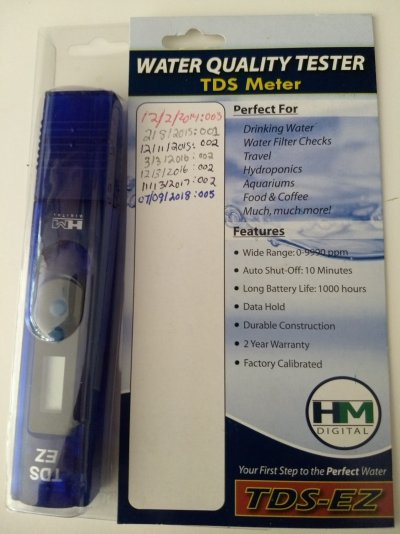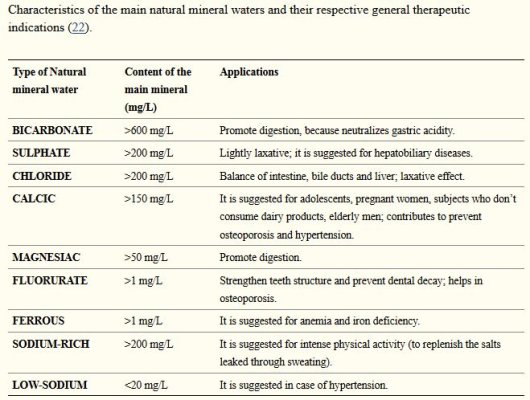We have very hard water living in a rural area. We have a water softener and iron filter to condition our water. We are happy with how it all works. BUT I drink a lot of water. Yep, a LOT. I don't like the salty taste to our water so for the last few years, I buy refillable water gallons from any of a couple local stores. It's cheap, but a hassle to remember to take the empties, re-fill them, and lug them home. Not a big hassle, but we've been thinking about how to get around that process.
I've been looking at having a reverse osmosis system put into one of the sinks, mostly just for my drinking water. We don't need it for laundry, showering, etc. A person is supposed to be here tomorrow/Monday morning to talk to us about it. We can decide then if it seems to be worth it or not. The other option is to start having Culligan or some other company deliver bottled water. But then we pay for the water, the cooler, the delivery.
Any thoughts on RO? I have borderline high blood pressure, so that's part of my reason for not drinking our sodium treated water. And I attribute the quantity of water I drink to keeping my weight, weight loss in check. Thanks for any suggestions, thoughts.
I've been looking at having a reverse osmosis system put into one of the sinks, mostly just for my drinking water. We don't need it for laundry, showering, etc. A person is supposed to be here tomorrow/Monday morning to talk to us about it. We can decide then if it seems to be worth it or not. The other option is to start having Culligan or some other company deliver bottled water. But then we pay for the water, the cooler, the delivery.
Any thoughts on RO? I have borderline high blood pressure, so that's part of my reason for not drinking our sodium treated water. And I attribute the quantity of water I drink to keeping my weight, weight loss in check. Thanks for any suggestions, thoughts.


